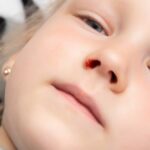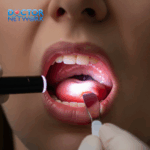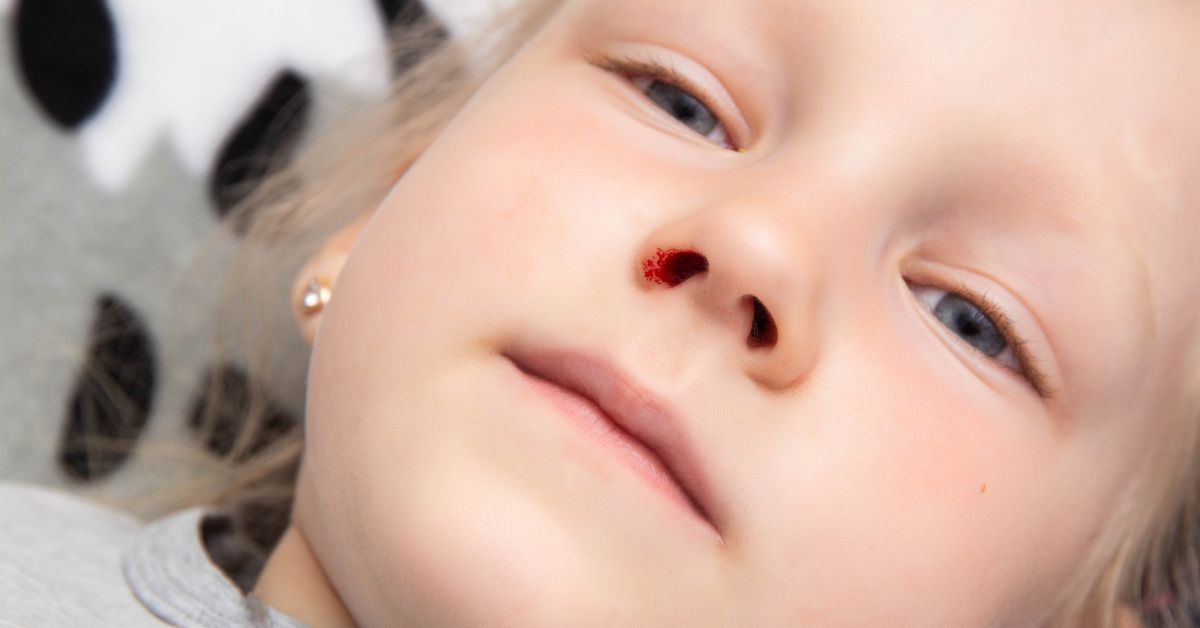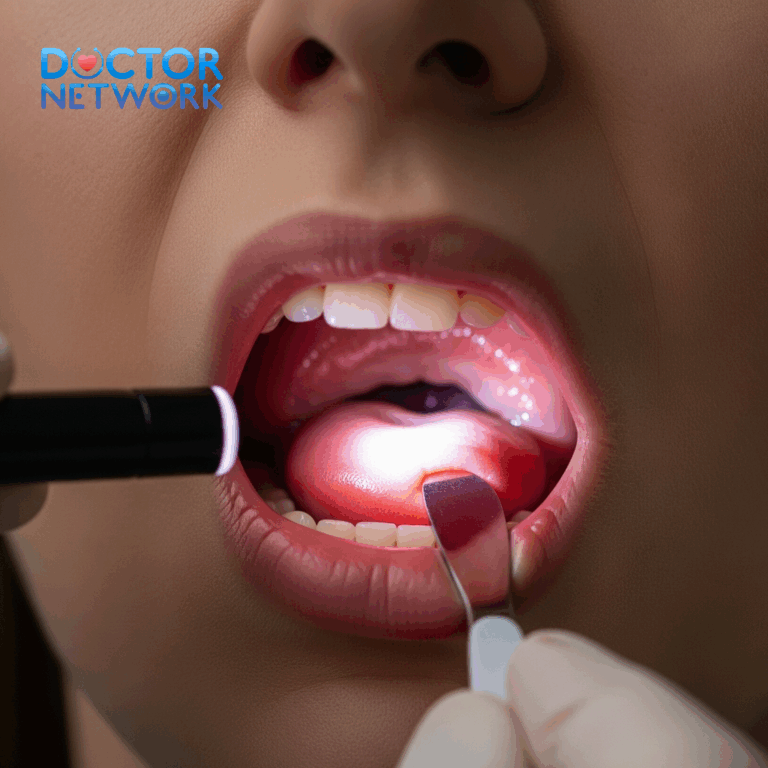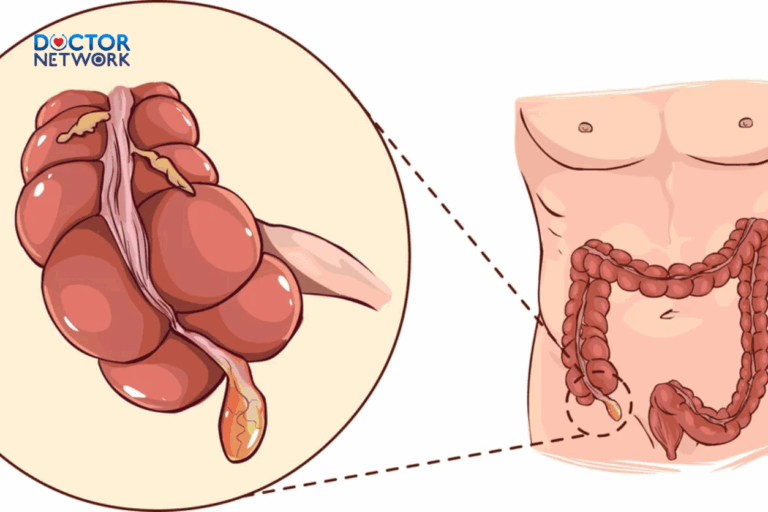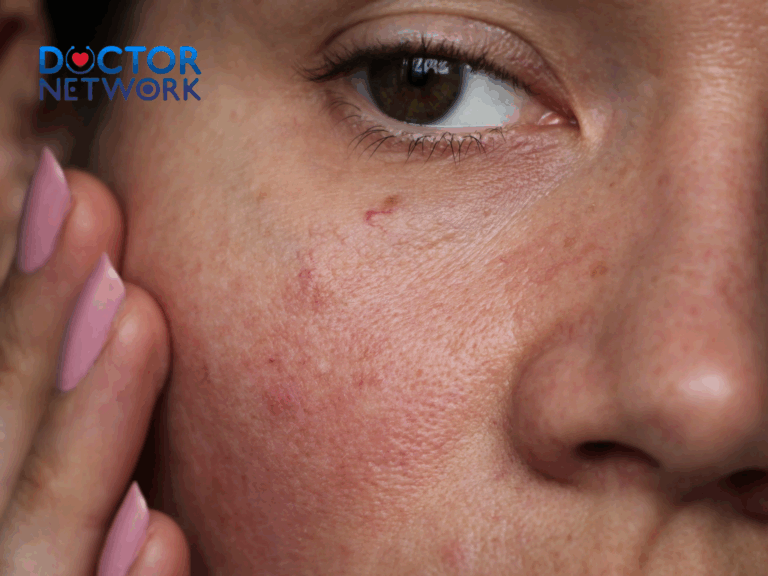According to the World Health Organization (WHO), millions of people worldwide contract dengue fever rash each year, with hundreds of thousands of severe cases leading to fatalities. Dengue rash is one of the critical stages of the disease.
What is Dengue Fever Rash?
Dengue fever rash is an acute infectious disease caused by the Dengue virus. The disease is transmitted from an infected person to a healthy one through the Aedes aegypti mosquito. Dengue rash is a common symptom, usually appearing around the 7th day.

Dengue fever is an acute infectious disease caused by the Dengue virus
Characteristic Symptoms of Dengue Fever Rash
After being bitten by a mosquito carrying the Dengue virus, patients typically experience the following symptoms:
- High Fever: A significant increase in body temperature, often exceeding 104°F (40°C).
- Headache: A persistent and uncomfortable throbbing sensation in the head.
- Muscle and Joint Pain: Aching and discomfort in the muscles and joints throughout the body.
- Red Rash on the Skin: Dengue rash is a notable symptom, appearing approximately one day after the onset of fever. These red rash spots may vary in size and shape but usually do not cause itching.
- Other Symptoms: Patients may also experience abdominal pain, nausea, vomiting, diarrhea, swollen eyes, and loss of taste, leading to decreased appetite.
Is Dengue Fever Rash Dangerous?
The appearance of Dengue fever rash becomes perilous in the later stage of high fever, which is the most critical phase of the disease. During this stage, patients may exhibit a false sense of improvement due to reduced fever symptoms. However, this is the period requiring the most careful monitoring.

Dengue fever rash emerges as fever symptoms decrease
During this time, the Dengue virus has significantly weakened the immune system. The rash becomes more severe, and internal bleeding, bleeding gums, nosebleeds, blood in urine, menstrual bleeding, and other manifestations become common.
Without timely treatment to address this condition, patients may face the risk of death due to respiratory or circulatory failure caused by internal bleeding.
Where Does Dengue Fever Rash Usually Occur?
Following the incubation period, individuals with Dengue fever enter the symptomatic phase, lasting around 7 to 10 days. During this stage, Dengue fever signs, often referred to as Dengue hemorrhagic rash, continuously appear on the skin, becoming increasingly dense. Specific points on the patient’s body may exhibit these signs:
Initially, the facial and neck skin may turn red, resembling a sunburn, and upon touch, the skin feels rough and not smooth. Subsequently, these signs spread throughout the body, including the arms and legs.
The folded skin areas around the groin, armpits, elbows, knees, and neck may become darker red than other skin areas.

The hands are a common location for the appearance of red rash
During this phase, the patient’s face may become unusually red around the mouth, showing signs of paleness.
When Does Dengue Fever Rash Heal?
Dengue fever rash and itching will subside when no more red spots appear on the patient’s body. The duration for these red spots to return to normal varies and depends on each individual’s condition. Typically, this process takes 2 to 3 days. However, in some cases, it may last longer, extending up to a week or even a few weeks, depending on each person’s physiology and immune system.
Points to Note When Experiencing Dengue Fever Rash
1. Do’s
Here are some general guidelines on diet when experiencing Dengue fever:
- Drink plenty of water: Dengue fever can cause dehydration, which can lead to severe complications. Consume plenty of water, fruit juices, and mineral water to keep your body adequately hydrated.
- Avoid alcohol and caffeinated beverages: Caffeine and alcohol can cause dehydration and are not beneficial for the body during Dengue fever.
- Eat nutrient-rich foods: Focus on consuming nutrient-rich foods to provide energy for the body and support the recovery process. This may include foods like congee, green vegetables, fresh fruits (especially vitamin C-rich fruits), coconut water, lemon water, and protein-rich foods.
- Protein-rich foods and green vegetables help support rapid recovery.
- Avoid sugary foods: Sugary foods can lead to increased blood sugar levels and are not beneficial for your immunity.
Monitor symptoms and immune status: Keep track of your symptoms and immune status, and regularly visit a doctor for check-ups and treatment guidance.
2. Don’ts
When experiencing Dengue fever rash, there are certain things you should avoid in your diet and activities to reduce symptoms and ensure good recovery. Here are some items to avoid:
- Avoid foods containing aspirin and NSAIDs: Medications containing aspirin and non-steroidal anti-inflammatory drugs (NSAIDs) like ibuprofen can increase the risk of bleeding. Therefore, avoid using them when suffering from Dengue fever. Instead, use paracetamol as directed by a doctor if necessary to reduce pain and fever.
- Avoid oily foods: Steer clear of oily and heavy foods, as they can cause indigestion and affect your immunity. Also, limit the consumption of dark, red, or dark-colored foods such as pork, beef, chicken, and vegetables like beets.
- Avoid sour, salty, and spicy foods: Sour, salty, and spicy foods can stimulate the stomach and intestines, causing dehydration and an increased tendency to vomit. Restrict these foods during Dengue fever.
- Avoid alcohol and caffeinated beverages: Alcohol and caffeine can cause dehydration and are not good for your immunity during illness.
- Avoid high-intensity physical activity: During the recovery phase, limit high-intensity physical activity to prevent additional stress on the body. Relax and get enough rest to aid recovery.
Remember that the most important thing is to adhere to the guidance and instructions of your doctor and healthcare professionals. Dengue fever can lead to serious complications, and proper treatment and care are crucial for ensuring a safe and speedy recovery.
This article has provided insights into Dengue fever rash and important considerations when dealing with this dangerous condition. Hopefully, the information proves helpful to you!
Kiểm Duyệt Nội Dung
More than 10 years of marketing communications experience in the medical and health field.
Successfully deployed marketing communication activities, content development and social networking channels for hospital partners, clinics, doctors and medical professionals across the country.
More than 6 years of experience in organizing and producing leading prestigious medical programs in Vietnam, in collaboration with Ho Chi Minh City Television (HTV). Typical programs include Nhật Ký Blouse Trắng, Bác Sĩ Nói Gì, Alo Bác Sĩ Nghe, Nhật Ký Hạnh Phúc, Vui Khỏe Cùng Con, Bác Sỹ Mẹ, v.v.
Comprehensive cooperation with hundreds of hospitals and clinics, thousands of doctors and medical experts to join hands in building a medical content and service platform on the Doctor Network application.









